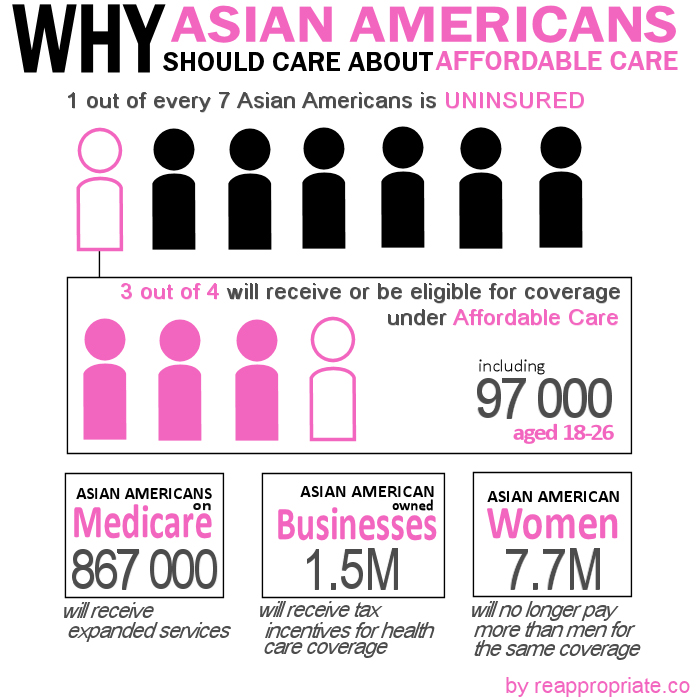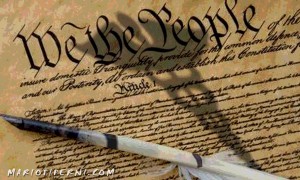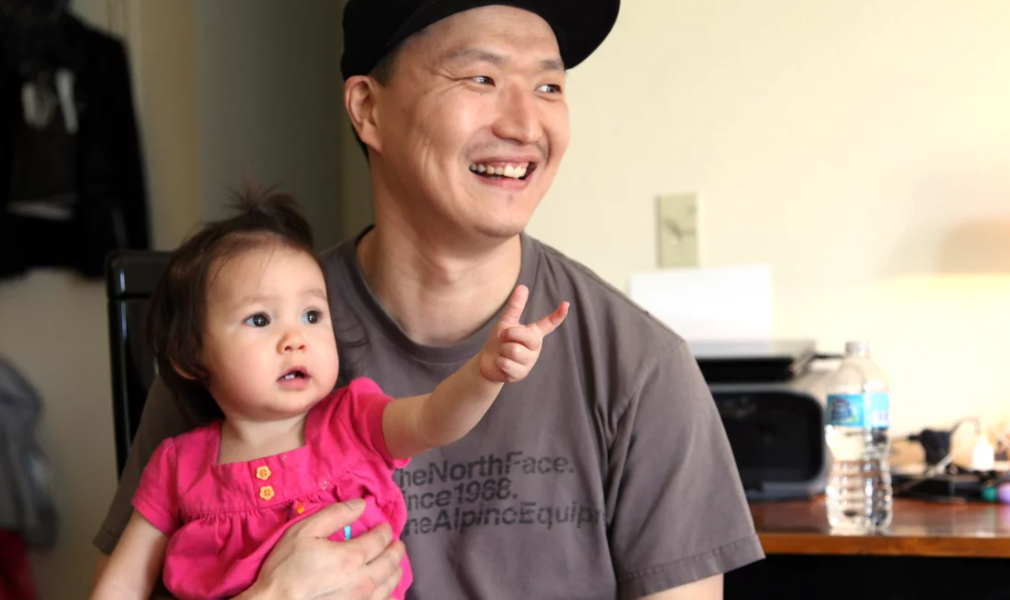
This morning, history was made. In a 5-4 decision (read the .pdf of the SCOTUS opinion), the Supreme Court decided that the landmark healthcare reform bill championed by the Obama administration (and that will undoubtedly serve as the cornerstone of Obama’s presidential legacy) is on its whole constitutional.
The Patient Protection and Affordable Care Act, which has been nicknamed “Obamacare” by both critics and later by the White House, makes several important changes to this nation’s healthcare system, including:
- Prevent private health insurance companies from raising premiums or denying coverage based on arbitrarily defined “pre-existing conditions”, which has prevented many Americans, including many children, from being able to obtain any, or sufficient, health insurance coverage. Importantly, this also prevents health insurance companies from disproportionately discriminating against women (who pay 30% more than men of the same age and income), in effect rendering womanhood a “pre-existing condition”.
- Eliminate lifetime limits for coverage, which has resulted in patients battling prolonged illnesses to run out of coverage and to face sudden, mounting healthcare costs they cannot afford.
- Permits young Americans up to the age of 26 to remain on their parents’ health insurance, which encourages coverage of a particularly vulnerable population of college students and recent college graduates, who are either unemployed or underemployed and thus have difficulty finding employer-based healthcare coverage.
- Establishes a state-based “insurance exchange”, which allows Americans to purchase healthcare independent of their employers, if they so choose. This also serves as a more open market for small business owners.
- Provide better access to preventative care.
- Require that all Americans above a certain income level purchase health insurance, or pay a penalty.
Critics of the Obamacare — Republicans and specifically Tea Party members — claimed that it was an over-reach of the federal government; but, in reality, they just don’t like the president. Let’s not forget that the most vocal members of the rightwing have openly stated that their target is President Obama, and not necessarily the morality of his policies; Senate Minority Leader Mitch McConell proudly proclaimed in 2009 that his top priority was to make President Obama a “one-term president”.
Spurred by their hatred for the president, rightwing activists have launched a multi-year smear campaign against the president’s healthcare reform bill that has succeeded in saturating the national debate with misinformation and bold-faced lies. Obamacare will not eliminate the coverage for Americans who currently have health insurance. Obamacare will not prevent Americans from being able to continue to see their own doctors. Obamacare will not establish “death panels” that will decide which Americans can live or die.
Republicans took their issues to the Supreme Court, arguing that Obamacare violated the Constitution, and the rights of individual Americans to elect not to purchase health insurance.


Today, the Supreme Court ruled that Obamacare is constitutional. Specifically, the individual mandate, which requires that all Americans above a certain income level purchase health insurance, was judged to be legal since it basically represents Congress exercising its power to tax the population. In essence, Congress is taxing any American at a different rate if they don’t have health insurance, compared to any American who does. The Supreme Court also found the rest of the Affordable Care Act to be constitutional, except for its restrictions on dispersion of Medicare funds to states who refuse to comply with the law; in that case, states can only be denied Medicare funds associated with the elements of the program they refuse to comply with, and would not lose all of their Medicare funding.
The Supreme Court’s decision is a major victory for Democrats, progressives, and the Obama administration. But, more importantly, it is an incredible victory for the literally millions of Americans whose healthcare will be improved by the Affordable Care Act, including the Asian American community and other communities of colour, which have historically higher rates of uninsured and underinsured people compared to the community at-large.
Currently, an estimated 1 in every 7 Asian Americans is uninsured (2.7 million, or 17.2% of Asian Americans). Of those, 75% (or approximately 2 million) will gain or become eligible for coverage under the Affordable Care Act, including nearly 100,000 young Asian Americans between the ages of 19-26 who will be able to receive healthcare through their parents’ insurance. Nearly 900,000 elderly Asian Americans are currently on Medicare, and they will benefit from more preventative coverage and other expanded services.
Roughly 11% of Asian Americans are self-employed and/or own a small business; the Affordable Care Act will make purchasing health insurance for small business owners and their employees significantly easier and more affordable. This not only ensures that Asian American small business owners will have better access to healthcare, but it also helps to stimulate Asian American business by making them more competitive via improved employee benefits.
And finally, there are roughly 8 million Asian American women in this country who can no longer be discriminated against by their health insurance providers for becoming pregnant, being domestically abused, or just being a woman.
But most importantly, Asian Americans — like all Americans — benefit when this country places increased attention helping all of its citizens, and not just the most affluent. Asian Americans — like all Americans — benefit by a renewed commitment by the federal government to provide social programs that benefit all, including the less fortunate. Asian Americans — like all Americans — benefit when this country becomes, once again, one in which all citizens, regardless of race, class or creed, have equal access to life, and life-saving healthcare coverage. Asian Americans — like all Americans — benefit by when healthcare is no longer a privilege in this country, reserved for the wealthy and the well-connected, but it is a basic human right accessible to all.
Further Reading:

